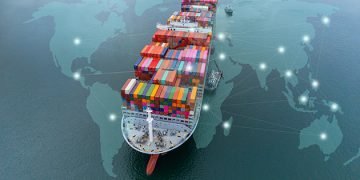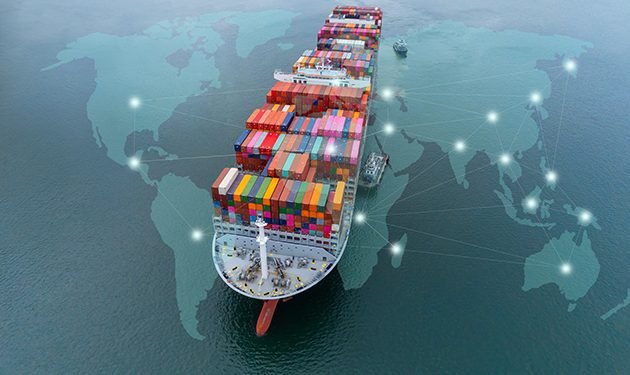By Eva Richardson | The Logistic News | March 28, 2025
As the logistics industry continues to consolidate through strategic mergers and aggressive expansion, concerns are rising about the unintended consequences of monopolistic behavior. While economies of scale and operational efficiency are often cited as justifications, a growing number of analysts and stakeholders warn that the centralization of power within a few dominant players could fundamentally reshape — and potentially destabilize — global trade dynamics.
When Scale Becomes Control
Monopolistic practices in logistics can manifest in several ways: restrictive pricing, exclusionary contracts, and control over critical infrastructure. These behaviors, while sometimes legal under market liberalism, can create a playing field that systematically disadvantages smaller competitors and, ultimately, customers.
“If one provider controls the majority of shipping routes, warehousing capacity, and customs clearance capabilities, they’re not just delivering cargo — they’re dictating the rules of the market,” says Professor Lucien Meyer, a trade economist at the University of Rotterdam. “That’s a concern for both fair competition and geopolitical leverage.”
Small Businesses Bear the Brunt
The most immediate victims of unchecked consolidation are often SMEs (small and medium-sized enterprises), which lack the leverage to negotiate favorable rates or access premium routes. These companies become increasingly dependent on monopolistic providers, limiting their growth and threatening long-term viability.
“When logistics becomes a bottleneck instead of a bridge, innovation suffers,” explains Amina Torres, a supply chain consultant based in Madrid. “Smaller businesses are forced into price-taker positions, and that slows economic diversification across developing markets.”
Reduced Service, Higher Costs
One of the lesser-discussed but critical dangers of monopolistic dominance is service degradation. In the absence of competition, there’s reduced incentive to invest in customer service, digital innovation, or sustainability. End-users are often left with fewer choices, higher costs, and longer lead times.
According to recent data from the Global Freight Observers Alliance, average container rates on monopolized trade lanes are 18–22% higher than on lanes with multiple service providers, even when distance and demand are similar.
A Wake-Up Call for Regulators
Governments and international trade organizations are starting to pay closer attention. While regulatory oversight exists in major markets like the US and EU, enforcement lags behind the pace of market consolidation. Cross-border operations complicate jurisdiction, allowing dominant players to operate in gray zones.
Calls are growing louder for frameworks that ensure transparency, prevent abuse of market share, and foster competitive alternatives.
What Comes Next?
With the rise of e-commerce, nearshoring trends, and geopolitical volatility, the role of logistics providers is only becoming more central to global trade. The question is not whether efficiency is important — it’s whether that efficiency comes at the cost of equity, innovation, and resilience.
For now, the industry remains at a crossroads. As global supply chains become increasingly interlinked and interdependent, how regulators and stakeholders respond to monopolistic pressures will shape not only the logistics sector — but the future of global commerce itself.
About the Author:
Eva Richardson is a staff journalist at The Logistic News, where she writes about trade policy, freight trends, and the evolving challenges of global logistics.























